
Spotlight
A selection of news from across the Federation

IPPF Statement on the 68th session of the Commission on the Status of Women (CSW)
IPPF welcomes the agreed conclusions of the 68th session of the Commission on the Status of Women (CSW), on the theme of “Accelerating the achievement of gender equality and the empowerment of all women and girls by addressing poverty and strengthening institutions and financing with a gender perspective”. IPPF actively engaged in the process by providing technical inputs to Member States, raising awareness about the interlinkages between SRHR, poverty, gender equality and the empowerment and human rights of all women and girls.
Filter our news by:

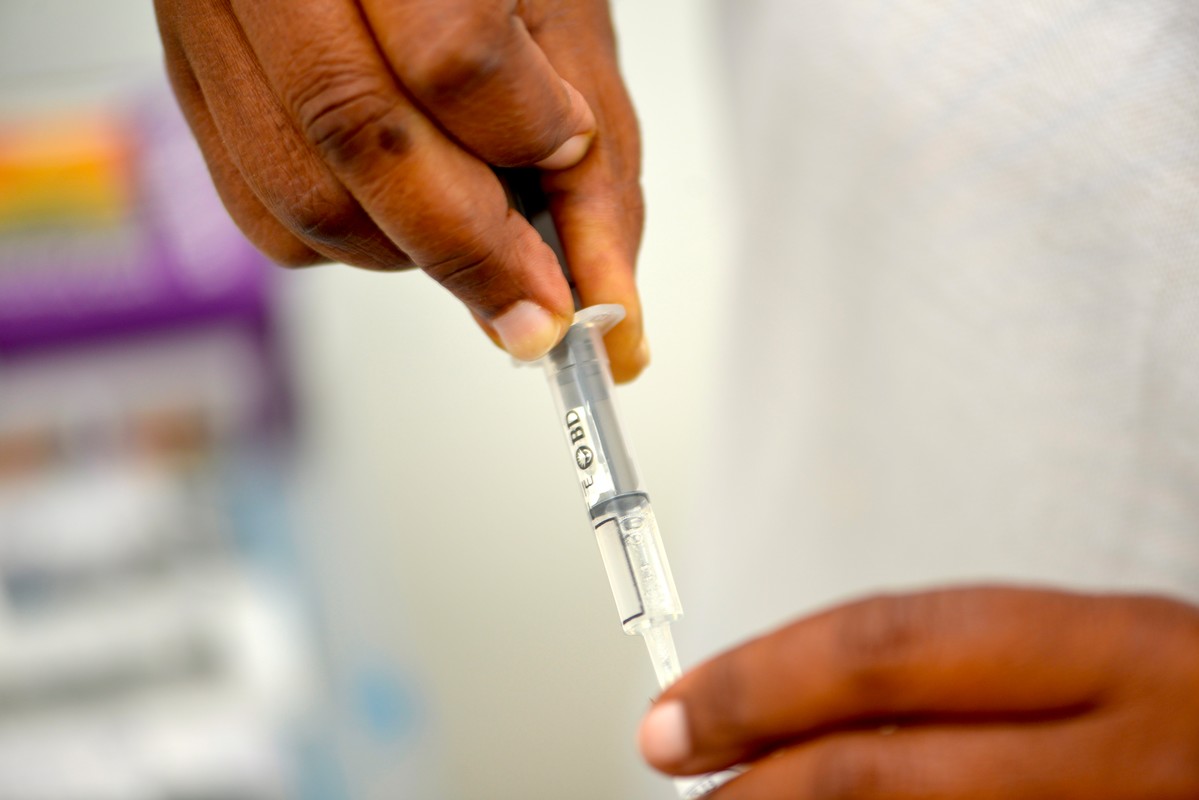
| 13 June 2019
ECHO Trial results show urgent need for great efforts in HIV prevention
IPPF’s Director-General, Dr Alvaro Bermejo has welcomed the publication today (Thursday 13 June) of the results of the Evidence for Contraceptive Options and HIV Outcomes (ECHO) trial – but warned they show how much more must be done urgently to combat HIV acquisition and offer real contraceptive choice. The ECHO clinical trial compared three common methods of contraception – DMPA-IM, Jadelle Implant and Copper IUD - and whether any of them increased the risk of acquiring HIV among women and girls at high risk. It was conducted at 12 sites in four countries, across South Africa, Eswatini (Swaziland), Zambia and Kenya. More than 7,800 women took part in the study, for up to 18 months. The trial did not find a statistically significant difference in HIV risk between the contraceptive methods it evaluated. But during the trial 397 of the women who took part acquired HIV. Dr Alvaro Bermejo said: “This has been an extremely important trial and we are pleased to see the results published. We do need to analyse them in greater deal, but it is already clear that the high rates of HIV and STI infections among those women who took part - despite individualised prevention efforts - represent an urgent cry for the integration of sexual and reproductive healthcare and HIV prevention. The results do not point to DMPA causing the increase in the risk of HIV infection some had feared, but the study has drawn attention to the many women – and countries – who have, in reality, a very limited choice of contraceptive methods available and the problems that causes. We have to ensure that a range of contraceptive options and the best counselling is available to women and girls who seek to prevent pregnancy and to protect them from HIV infection. That requires more investment , more coordination and prioritisation of sexual and reproductive healthcare.”
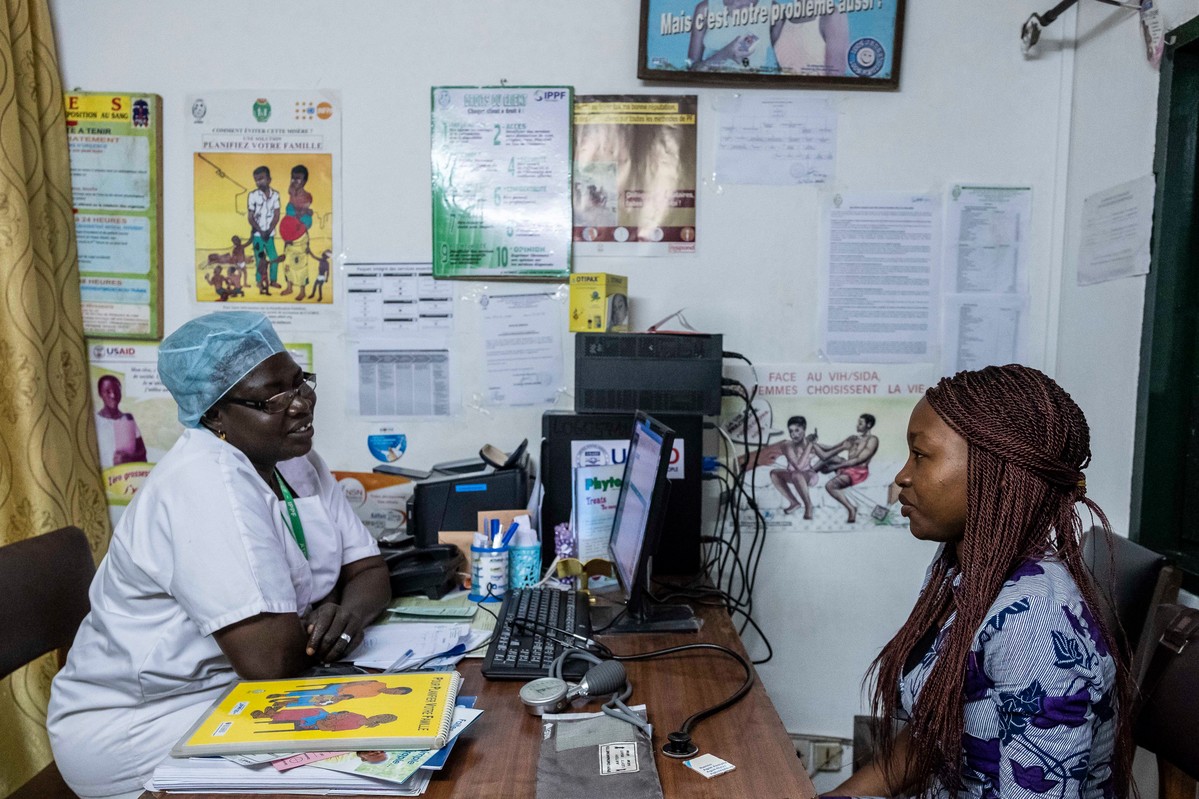
| 13 November 2018
New flagship health programme to transform the lives of millions of women and girls
The lives of millions of women and girls will be transformed by new sexual and reproductive healthcare programmes led by International Planned Parenthood Federation (IPPF) and Marie Stopes International (MSI) consortia across Africa and South Asia. The programmes will launch integrated healthcare expansion in 27 countries and were announced in Kigali at the International Conference on Family Planning today. The Women’s Integrated Sexual Health (WISH) programme is funded by the UK Department for International Development (DFID), to deliver access to life-saving contraception for six million couples per year. The Secretary of State for International Development, Penny Mordaunt said: "Investing in family planning gives women control over their own bodies and lives. It helps them complete their education, pursue job opportunities and challenge inequality around the world." The new programme will accelerate progress towards meeting global commitments on expanding access to contraception made by governments and civil society organisations through the Family Planning 2020 (FP2020) movement. The IPPF and MSI WISH consortia will ensure previously unreached people, especially young and poorer women, are able to access contraception and have the choice on whether, when and how often to have children. IPPF’s Director General Dr Alvaro Bermejo said the WISH programme would transform lives. He said: "This is a significant investment and a deep commitment to putting women at the heart of healthcare. Women and girls – of all ages, places, income and education – must have access to high quality, voluntary family planning care and information. We thank the UK Government for their commitment to this vital issue. Together, we can accelerate change by expanding integrated healthcare through our clinics and outreach services. More services, wider contraceptive options and better access to safe abortion, means the right care at the right time. More power for every girl and woman to decide what to do with her body, with her life, and with her future." The WISH programme will scale up efforts at country level, expanding reach to millions of new users of sexual and reproductive health services. Genet Mengistu, the Executive Director of the Family Guidance Association of Ethiopia (FGAE), an IPPF member, said: "This is an incredible opportunity to accelerate change for women and girls to decide their own futures. It will get family planning services to Ethiopian women, particularly to those underserved." Simon Cooke, CEO at MSI, said: "Through this funding, we and our partners will be able to bring quality sexual and reproductive health services to millions of women in some of the world’s poorest and most marginalised communities. For many, it will be their first chance to access any kind of contraception, empowering them to stay in education, forge a career, stay healthy and pursue their hopes and dreams for the future. With this landmark investment in women and girls, the UK Government is creating the right conditions to drive multiple other areas of development, from increasing the number of girls completing education to enabling couples and families in poverty to maximise their earning potential. We applaud DFID for its continued support for this vital and life-changing work." The £200 million investment to leading sexual and reproductive health service providers IPPF and MSI is made-up of two individual DFID WISH awards, through consortium arrangements. Lot 1 is a consortium managed by MSI with 7 of its country programmes and 6 IPPF Member Associations, with a focus on West and Central Africa. Lot 2 is a consortium managed by IPPF with 16 Member Associations and 8 MSI country programmes with a focus on East and Southern Africa and Asia.
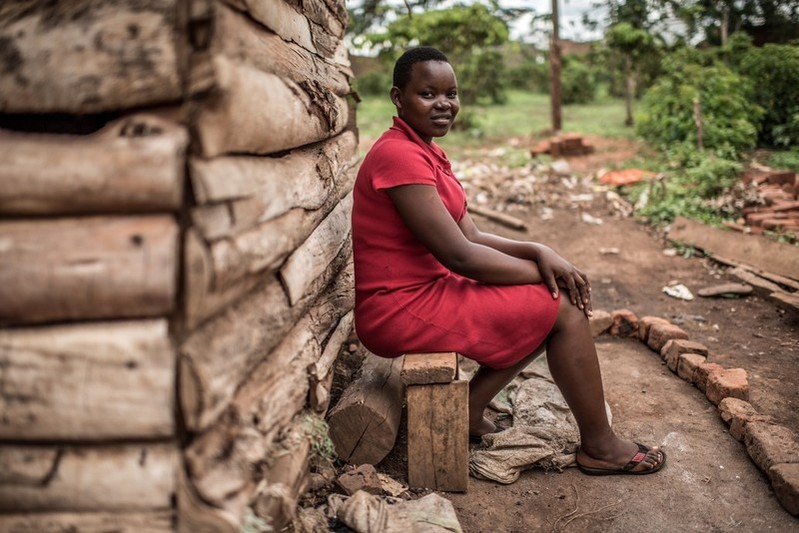
| 16 May 2017
Global Gag Rule expansion will leave a fatal legacy for generations
The lives of millions of the world’s poorest women and girls are in jeopardy because of the expansion of the US Global Gag Rule (GGR), IPPF’s Director General has said. The expansion of the GGR (or Mexico City Policy) will deny critical health care to many of the poorest women on the planet, forcing millions of them into unplanned pregnancies, unsafe abortions and leading to thousands of deaths. Tewodros Melesse was speaking after the announcement of the policy expansion last night. It means that access to critical affordable, high quality integrated reproductive healthcare services like contraception, Zika information, maternal health, ante-natal care, reproductive cancers, and HIV prevention and treatment will be denied around the world. The policy will hit hardest the women living at the margins of society – the poorest, the most remote and those under 25. Leaving millions behind and forced into unintended pregnancy, ill health or death because the essential services they need have or are being shut down. Tewodros Melesse, Director General, said: “This expansion of the Global Gag Rule is unprecedented and the largest of its kind. Leaving behind the hardest to reach and often poorest of marginalised women and communities is the worst possible situation. This policy asks IPPF to stop providing support, counselling and services which are entirely legal in the countries where our members provide them and women depend on them. We cannot do that. The consequences are fatal and will span generations. We believe women should be able to decide what happens to their bodies, safely and legally. We cannot accept a demand which we know will only increase the number of women being forced into pregnancy or worse. “ IPPF estimates that the withdrawal in funding from the Federation will lead to an additional 20,000 maternal deaths, 4.8 million unintended pregnancies and 1.7 million unsafe abortions. The expanded policy also obstructs the potential health partnerships on the ground in developing countries where IPPF Member Associations work closely with other medical organizations for referrals and support of clients. This means that the very valuable space between medical providers and patients will be compromised as referrals options become limited and as valuable services are closed. USAID has been a proud supporter of family planning and public health programming for decades. The enormous expense on USAID to administer this kind of order, for what could be a limited time, means the very money allocated to what they have done best – saving lives will be hugely diminished in impact and effectiveness. International Planned Parenthood Federation will lose 100 M USD in critical funding. On behalf of their members, the Federation issued a statement in January explaining why they can't sign the Global Gag Rule. Subscribe to our updates!
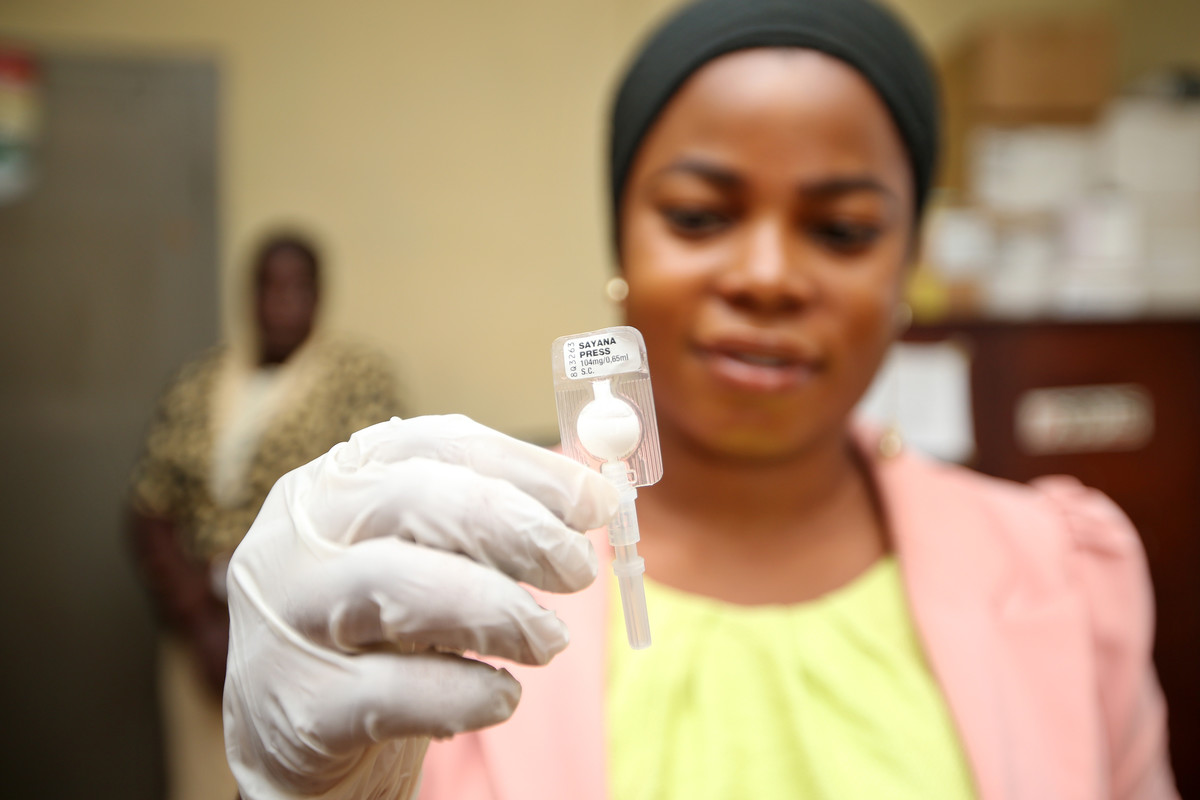
| 08 May 2017
Sayana efforts will help widen contraceptive choice for world’s poorest and neglected women says IPPF
Expanding contraceptive choices offers the potential to put power into women’s hands said the International Planned Parenthood Federation (IPPF) in reaction to the Sayana Press announcement by Pfizer BD, and the Bill and Melinda Gates Foundation, and CIFF today. IPPF is already playing a major role in the introduction of Sayana Press to increase access to the world’s most poorest and underserved women and girls. Sayana Press is offered as part of the contraceptive mix by IPPF’s Member Associations in Uganda, Nigeria, Burkina Faso and Senegal. They are doing this by providing Sayana Press at our extensive network of clinics, and by training community volunteers and government staff to give women Sayana Press in their own communities. Tewodros Melesse, Director General IPPF said; “This announcement is a great opportunity to enable women and girls who are often left behind because they are poor, unable to make decisions because of their partners, too far from a clinic or disabled to access contraception. Sayana Press has the potential to reach those who have never been able to access family planning before. We have seen that Sayana Press is popular with women in remote communities who can’t easily get to a clinic or drug shop. We are keen to see countries move towards community based distribution and ultimately, self-injections. All efforts must truly reach the last mile. Enabling women to administer in their own time and wherever they are is the only way to put power truly into women’s hands. It is a great step in helping to tackle the needs of the most poorest or neglected women and girls. But like any contraceptive, it must be offered as part of a broader mix of methods available and not favored more than others. Choice means every women and girl has the right to choose about their contraception wherever and whoever they are.” IPPF launched its annual global I Decide Campaign on family planning today. IPPF is fighting for a world where women everywhere can say "I decide". Support our call for universal access to contraception! Add your voice
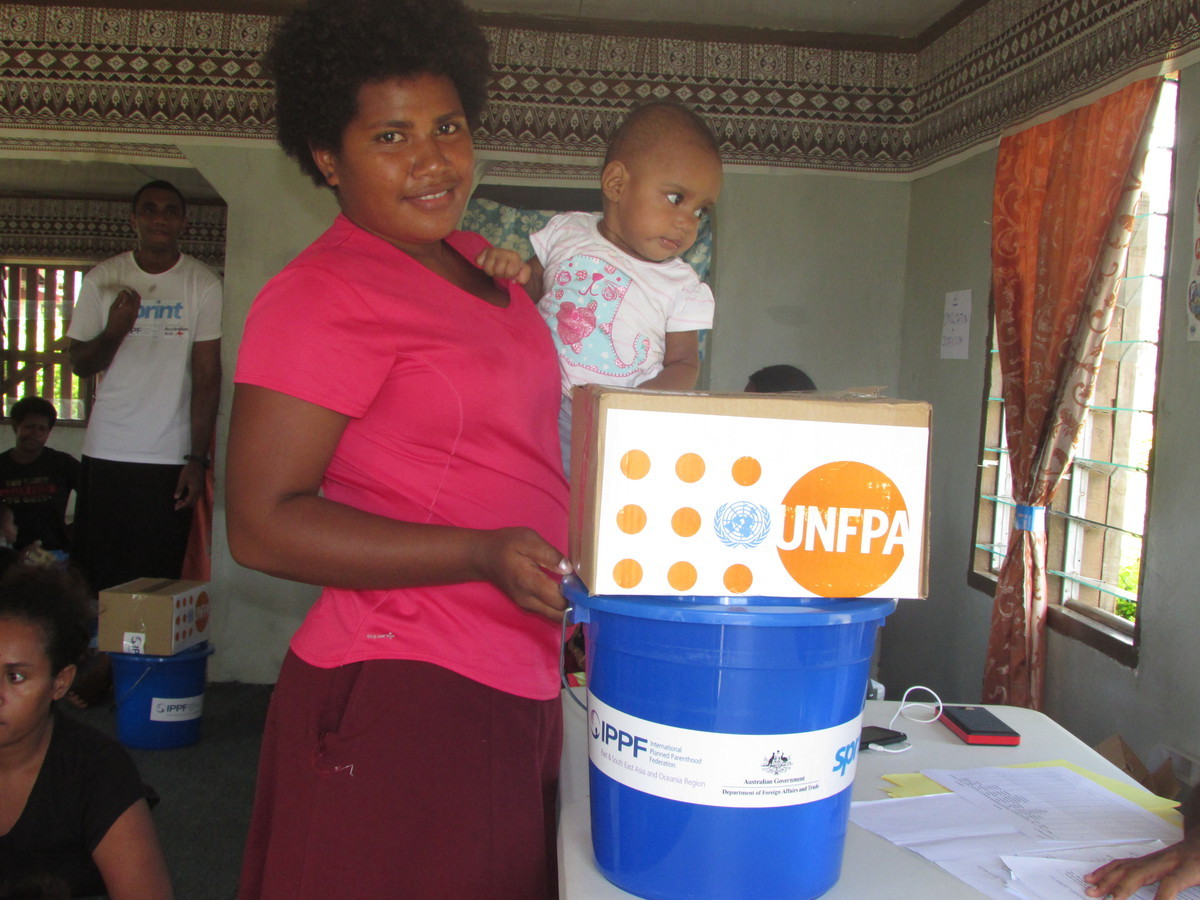
| 04 April 2017
IPPF reacts to US Government decision to withdraw funding from UNFPA
IPPF Director General Tewodros Melesse has said that a decision by the US Government to withdraw funding from the United Nations Population Fund will have “devastating consequences” for women and girls around the world. Mr Melesse said: “The money the US administration now wants to withdraw would have been spent on health care for some of the poorest and most vulnerable women and girls in the world. “It will take away funding for contraception, maternal care and the safe delivery of babies, as well as programmes to counter gender-based violence. “IPPF works closely with UNFPA in some of the most difficult situations in the world to provide this kind of care, especially in the poorest regions of the world’s poorest countries. The women and girls living in these situations are especially vulnerable, and this will have devastating consequences for them.” Mr Melesse added: “This is the second blow this year delivered to health care for women and girls around the world by the new US Administration. “The re-enactment of the Global Gag Rule (also known as the Mexico City Policy) has already denied US funding for contraception services, HIV programmes and work to counter the Zika outbreak to IPPF and other health organisations. “We estimate that the $100m in funding IPPF expects to lose will stop us from preventing 20,000 maternal deaths, will lead to 4.8m unintended pregnancies and 1.7 million unsafe abortions. “We should be clear. None of the funding being withdrawn by the US administration is spent in the provision of abortion or in support of coercive reproductive policies. This is a smokescreen for cuts in funding, nothing more. “As a rights-based organisation, IPPF works in partnership with UNFPA and other health and human rights organisations to provide tens of millions of women and girls with the right to choose how and when they use contraception and to access other live-saving health services. “UNFPA brings governments together to work on commonly-agreed policies such as the Sustainable Development Goals, which are vital in the fight to try to ensure sexual and reproductive health care for everyone. “I am deeply sorry that for a second time in the space of three months the US Administration has decided to deny critical health services to the people who need them most. We know that tens of thousands of lives will be lost as a result.”

| 07 April 2017
IPPF defends UN agency on BBC World News
IPPF Director General Tewodros Melesse has defended the record of the United Nations Population Fund (UNFPA) in an interview with BBC World News, the BBC’s global television news channel. Speaking to presenter Philippa Thomas on the programme “Impact”, Mr Melesse rubbished claims from the Trump administration – used to justify the withdrawal of US funding – that UNFPA in any way supported coercive family policies in China. He explained that IPPF and UNFPA, with which IPPF partners across the world to provide vital reproductive health care for millions of women and girls – were committed to defending rights and increasing choice. He added that the loss of funding to UNFPA and IPPF – through the re-imposition of the so-called Global Gag Rule by President Trump – would cost the lives of tens of thousands of women and lead to millions of additional unplanned pregnancies and unsafe abortions. Subscribe to IPPF's updates!














